Partners
SCIENTIFIC ADVISORY BOARD

DORNE Jean-Lou
Italy
European Food Safety Authority (EFSA)
Short description:
Jean-Lou Dorne has a PhD in Toxicology on human variability in toxicokinetics and its implications for chemical risk assessment from Southampton University. Since 2006, he has been working as a senior scientific officer in Toxicology at the European Food Safety Authority. His work currently focuses on the development of open source tools for chemical risk assessment including EFSA ‘s chemical hazards database: openfoodtox, in vitro and in silico approaches, physiologicaly-based toxicokinetic models and methodologies for human health, animal health and ecological risk assessment of chemical mixtures. He is an active member of EUROTOX and SETAC Europe.
Expertise for the OBERON project:
OBERON will benefit from Dr Dorne expertise in the toxicology field and metabolic issues related to chemicals.
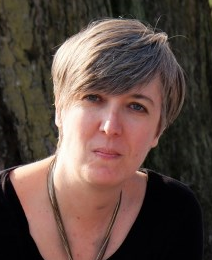
GRIGNARD Elise
Italy
Joint Research Center (JRC)
Short description:
Elise Grignard is a scientific officer of the Joint Research Centre. She received her PhD in Reproductive Biology from the Blaise Pascal University in France. She worked for many years in the field of reproductive toxicology, with an emphasis on endocrine disruption. Her main focuses are on the identification of gaps in knowledge and test methods for the identification of endocrine disrupters, and development of alternative methods for regulatory use.
Expertise for the OBERON project:
Regarding the OBERON project, Elise Grignard could provide her expertise on the development and validation of new regulatory methods for identification of endocrine disruptors.
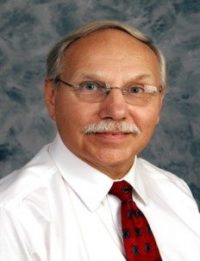
HEINDEL Jerry
USA
Leader of the MET interest group
Short description:
Jerrold J. Heindel has a PhD in Biochemistry from the University of Michigan and worked for 25 years at The National Institute of Environmental Health Sciences/NIH where he coordinated grants programs in endocrine disruptors and the developmental basis of disease with a focus on obesity and diabetes.
He currently is the coordinator of www.HEEDS.org a website and program focusing on improving communication, coordination and collaboration in the endocrine disruption field.
Expertise for the OBERON project:
Jerrold J. Heindel is an expert in the role of endocrine disruptors in human disease with a focus on chemicals that cause obesity, diabetes and liver disease. Thus he is in a good position to advise OBERON on chemicals, tests and mechanisms examined in its programs.
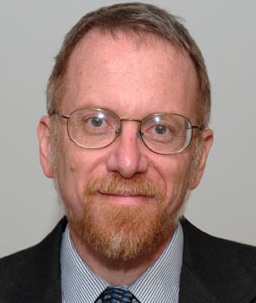
JUDSON Richard
USA
US Environmental Protection Agency (EPA)
Short description:
Dr Judson has been working as Bioinformatician at the US EPA (National Center for Computational Toxicology) since 2006. He develops databases and computer applications in order to predict and model toxicological effects of a wide range of chemicals.
Dr Jusdon is part of the EPA ToxCast team an leads the subject the bioinformatics area. Dr Judson's team has developed the ACToR (Aggregated Computational Toxicology Resource) database and application, it aims to compile all publicly data on environmental chemicals.
Expertise for the OBERON project:
OBERON will benefit from Dr Judson expertise in bioinformatic, database and toxicology modelling.
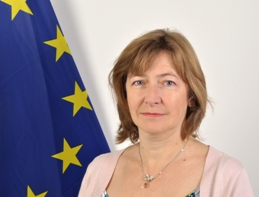
MUNN Sharon
Italy
Joint Research Center (JRC)
Short description:
Sharon Munn has an education in the field of human toxicology and risk assessment and is working for the European Commission's Joint Research Centre. She has been working for the last ten years in support of the Community Strategy for Endocrine Disrupters as well as on evaluating the utility and regulatory applicability of new approaches and technologies for chemical safety assessment, including AOPs and IATA, with the aim of placing less reliance on in vivo animal testing.
Expertise for the OBERON project:
The OBERON project will benefit from Sharon Munn's expertise on the EU's approach to endocrine disruptor assessment, in particular in relation to the development and validation of new regulatory methods for identification of endocrine disruptors.

RIJK Jeroen
Netherlands
Charles River Laboratories
Short description:
Jeroen Rijk is Study Director in vitro DMPK at the Department Discovery & Environmental Sciences of Charles River Laboratories Den Bosch. Here he guides the in vitro endocrine disruptor (ED) testing program and is involved in setting up and implementing new in vitro ED assays. Jeroen has a background in Food Science and performed his PhD thesis research at RIKILT Institute of Food Safety, Wageningen University, setting up novel methods to detect hormone abuse in cattle. Afterwards, he continued working at RIKILT for 4 years as a Postdoc in the field of endocrine disruptor testing, after which he joined Charles River Laboratories Den Bosch in 2013.
Expertise for the OBERON project:
In terms of OBERON, Jeroen Rijk is highly experienced in developing, running, and interpreting data of in vitro endocrine disruptor assays for regulatory purposes.
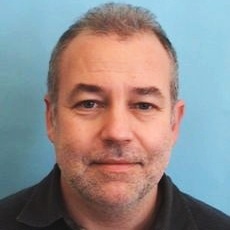
SOUCEK Pavel
Czech Republic
Center for Toxicology and Health Safety, National Institute of Public Health (CZ)
Short description:
Pavel Soucek graduated in Biochemistry, received his PhD in 1996 and serves as associate professor since 2014 at Charles University. He is affiliated with National Institute of Public Health and Charles University in Prague and Pilsen, Czech Republic as laboratory head.
His major research interests are study of molecular factors in cancer onset and progression, pharmacogenomics, therapeutic biomarkers and targets in solid cancers. He published more than 150 papers in journals with impact factor (H-index 33).
Expertise for the OBERON project:
In terms of OBERON, Pavel Socek has expertize in broad spectrum of molecular methods and area of public health.
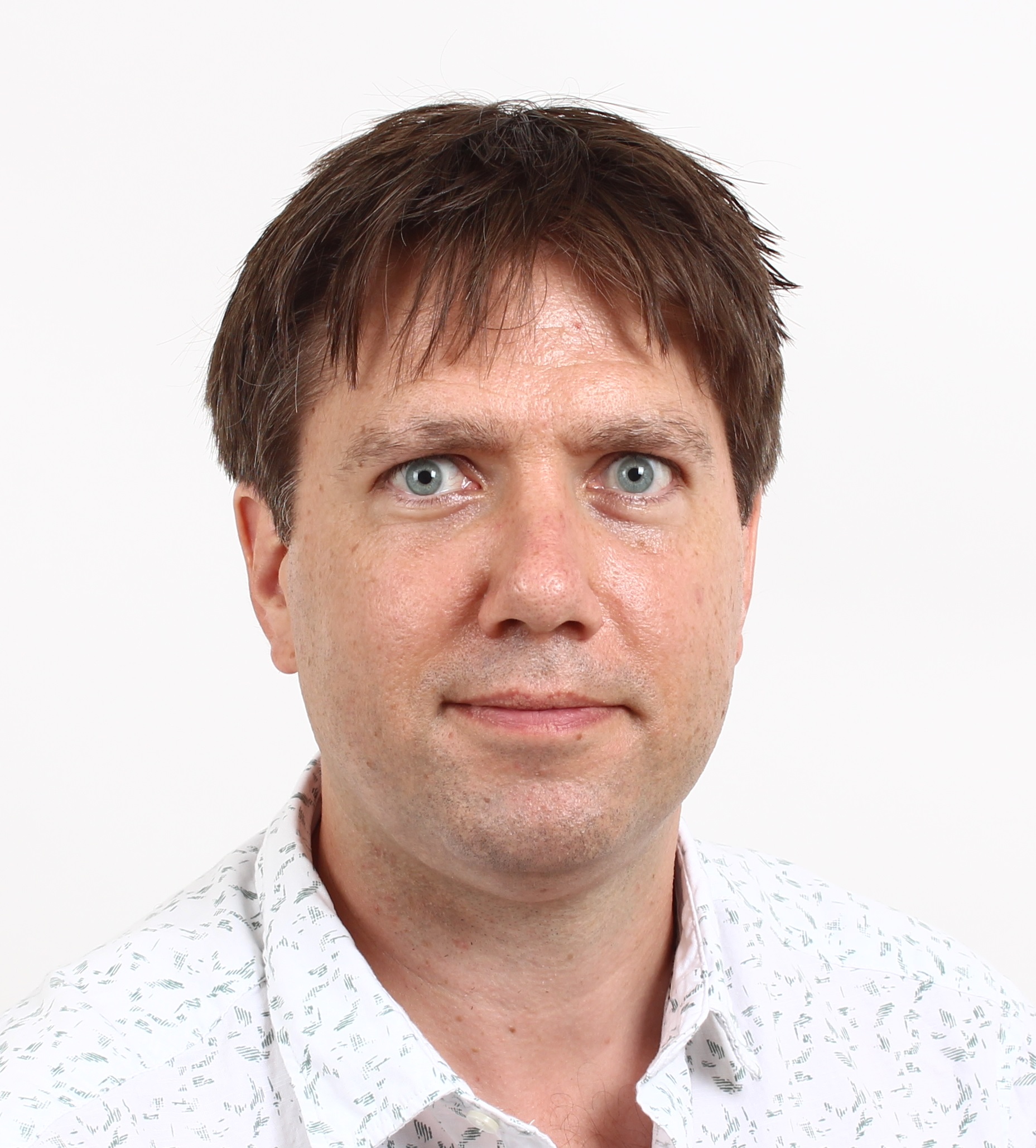
VAN DER LINDEN Sander
Finland
European Chemical Agency (ECHA)
Short description:
Sander van der Linden has worked for many years on the development, application and validation of in vitro assays. After completing his PhD, he has worked for several years at the Joint research Centre from the European Commission, on the assessment of mixtures and endocrine disruptors and on transferring new test methods from the scientific setting to regulatory application. Since August 2018, Sander van der Linden is working at the European Chemicals Agency (ECHA).
Expertise for the OBERON project:
Regarding the OBERON project, Sander van der Linden could provide expertise on the validation process of in vitro methods and how new methods can potential be applied in a regulatory setting.
ETHIC ADVISORY BOARD

FILLON Valérie
France
Institut National de Recherche pour l'Agriculture, l'alimentation et l'Environnement (INRAE)
Short description:
President of ethics committee on animal experimentation. Research on animal cytogenetics (1992-2018): characterisation of the avian karyotype, contribution in the knowledge of microchromosomes, studies in genomics. Research on farm animal welfare (since 2019): study of the welfare of rabbits in different breeding conditions.
Expertise for the OBERON project:
Ethics concerning animal studies. Regulation in animal experimentation.

GROJEAN Stéphanie
France
Nancy University
Short description:
Stéphanie Grojean has participated to several international clinical trials since 2002 and managed 3 clinical trials through FP7 European research programs, including submission to regulatory authorities. Since 2009, organization and teaching in the interuniversity diploma on Clinical research assistant training (Nancy University).
Expertise for the OBERON project:
Regulatory processes for clinical studies including health data and biological data.
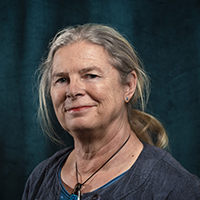
KNUDSEN Lisbeth
Denmark
University of Copenhagen
Short description:
Lisbeth E. Knudsen.,MSc, PhD professor in animal free toxicology has worked with ethics and HBM since 1987 in designing, performing and reporting field studies. Appointed scientific member of the Regional ethics committee. The chair of the institutional ethics committee. Past president of EEMGS and ECOPA. Leader of Task 1.5 in HBM4EU: Ethics and data protection and partner in the Task 2.5 Training. National Hub contact point of Denmark.
Expertise for the OBERON project:
Ethics with animal and human studies as well as transfer of data and samples.
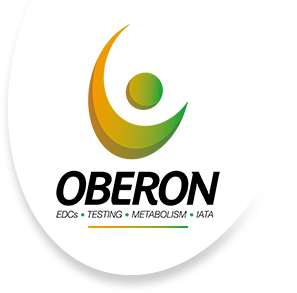
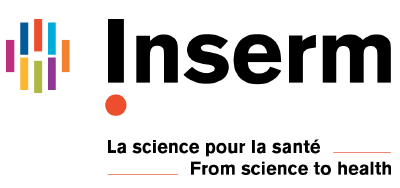






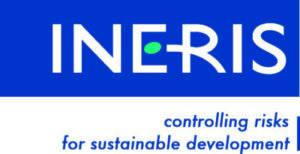
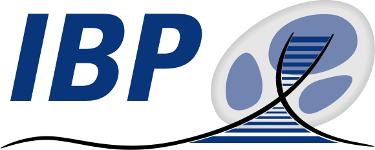
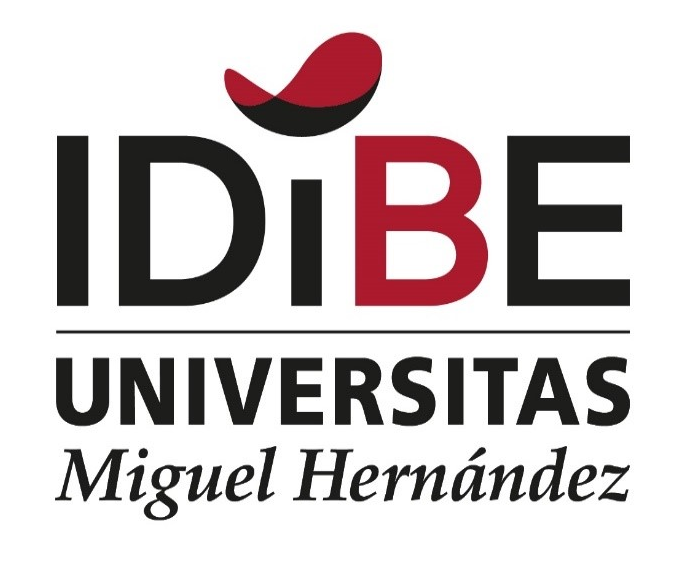

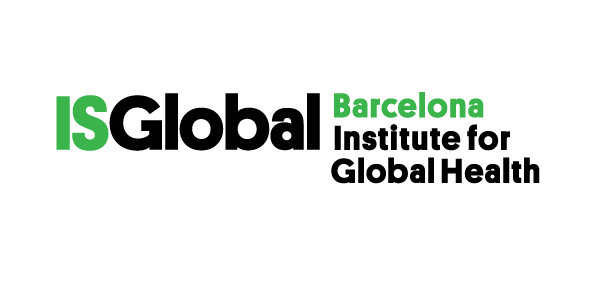
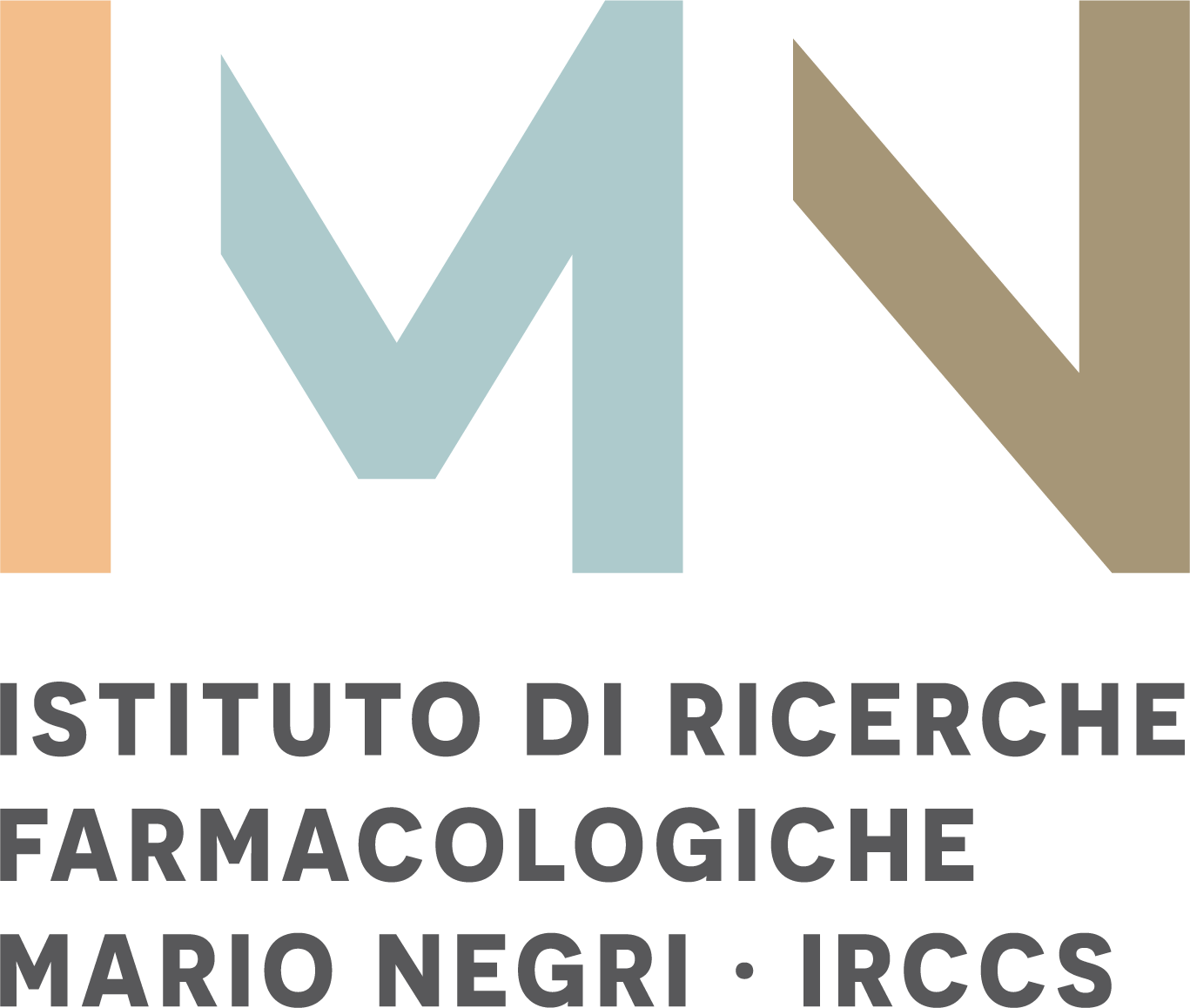

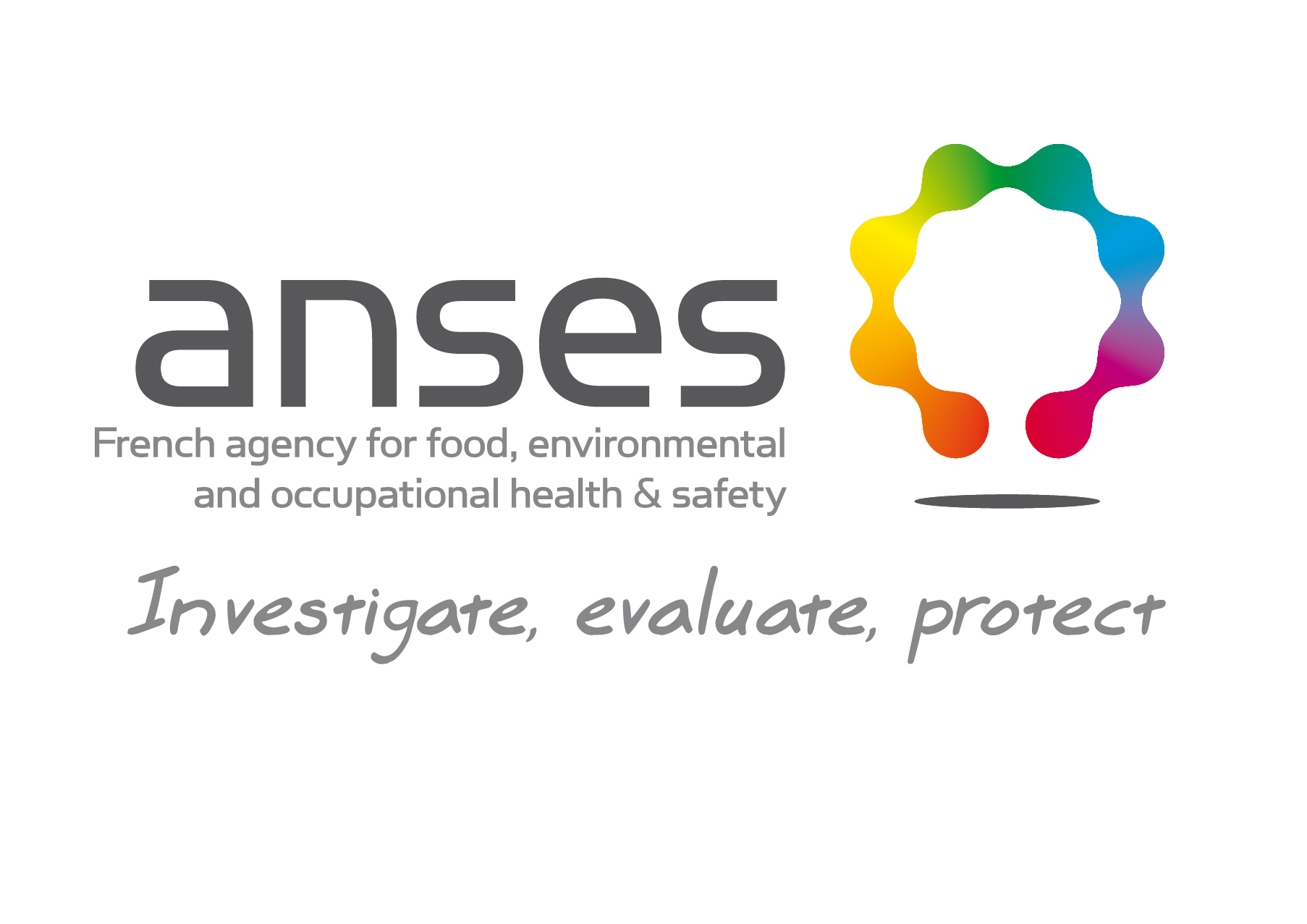

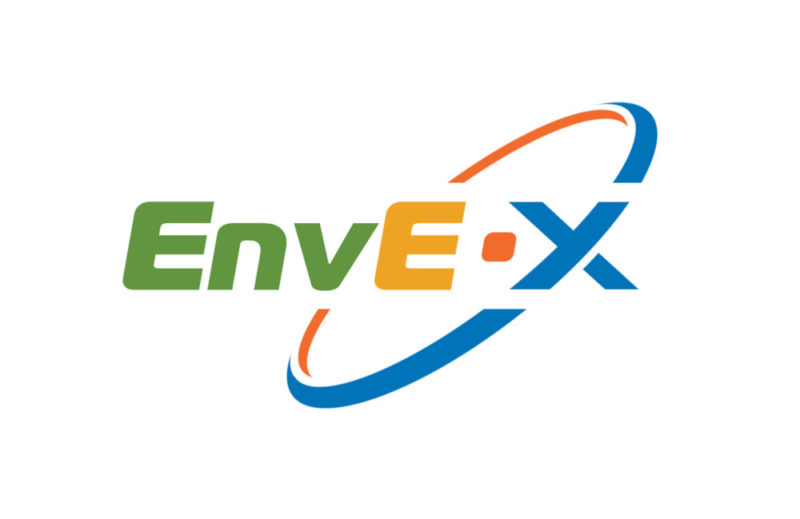
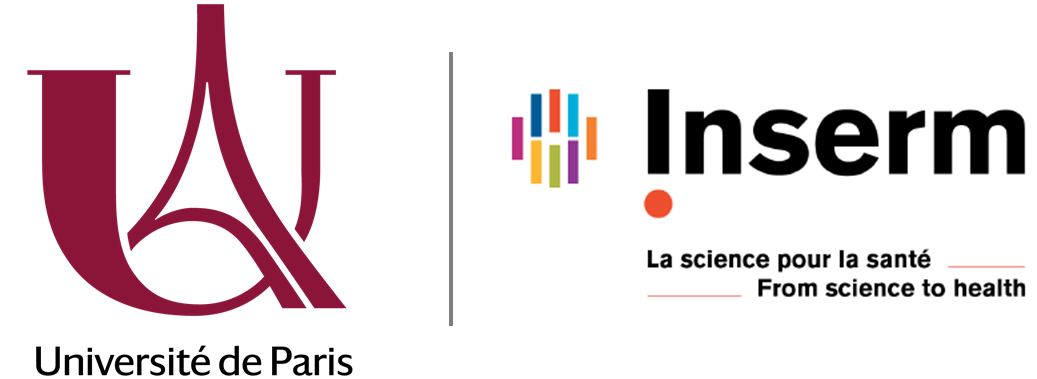
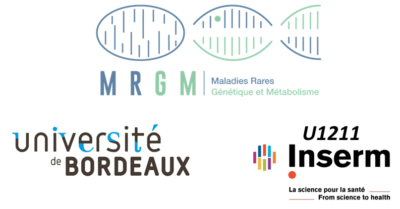
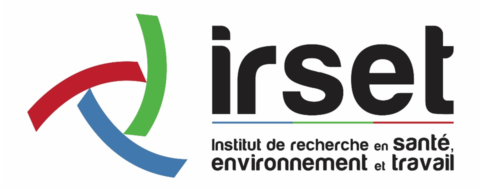

 Download presentation leaflet
Download presentation leaflet